Cellphone use was not on the agenda for Tuesday night’s meeting of the Springfield Board of Education. Yet the issue surfaced several times — from teachers speaking about their preferences to board members wrangling over a stronger ban of the devices, and arguing about why the issue wasn’t placed on the agenda in the first place.
During a meeting on June 11, Superintendent Grenita Lathan said that SPS administrators were looking at a more restrictive ban of the devices in the 2024-2025 school year. Information on the cellphone ban would be included in the student handbook.
According to the handbook for the 2023-24 school year, students could carry cellphones at school, but were not allowed to use them. The handbook also gave each building administration leeway to set its own usage policy.
A review of the Springfield Public Schools student handbook by the school board is ongoing, and changes are expected to be brought to the board during its next meeting, currently scheduled for Aug. 20. The board has no scheduled meetings in July.
Teachers weigh in about a cellphone ban
Cellphone rules for students came up for discussion during the public comments portion of the meeting June 25.
Laura Mullins, president of the Springfield National Education Association, said that an informal survey of member teachers showed more than 75% favored an outright ban of the devices. Of 215 survey respondents, 15 favored a plan where each building administration could set its own rules and 37 favored teachers setting rules for their classroom, leaving the remaining 163 in favor of students leaving the devices at home.
Mullins said cellphone use is considered a minor offense in its behavioral matrix, left for teachers to enforce, as opposed to a major offense that would require an administrator’s involvement.
“This ban was preferred in our survey over the other options … because this leads to inconsistency and policy application, Mullins said. “A problem that feeds into the larger behavioral issues our educators face every day.”
Two teachers also spoke to the board. Jasmine Allen, a teacher at Hillcrest High School, told the board when she is faced with cellphone issues, she speaks to the student's family to find out more of what’s going on. Allen asked for consistent rules around a building, but also said cellphones can be used for educational reasons.
“Policymakers, which you guys are, can support digital and media literacy,” Allen said. “How are we equipping our teachers to support that? I’ve known some teachers to actually use things such as Snapchat for what we are reading.”
Gregory Benne, an art teacher at Westport K-8 School, asked for appropriate support when handling repeat violations. He said he spends a considerable amount of time wrangling with students over the devices.
“We essentially already have a ban on cellphones during the day with site-based exceptions,” Benne said. “I think this is a workable policy. However, if the inappropriate use of cellphones is the huge distraction of learning that we known it to be, and we’re serious about this, our response to such behaviors should be robust.”
Board members disagree over how to move forward
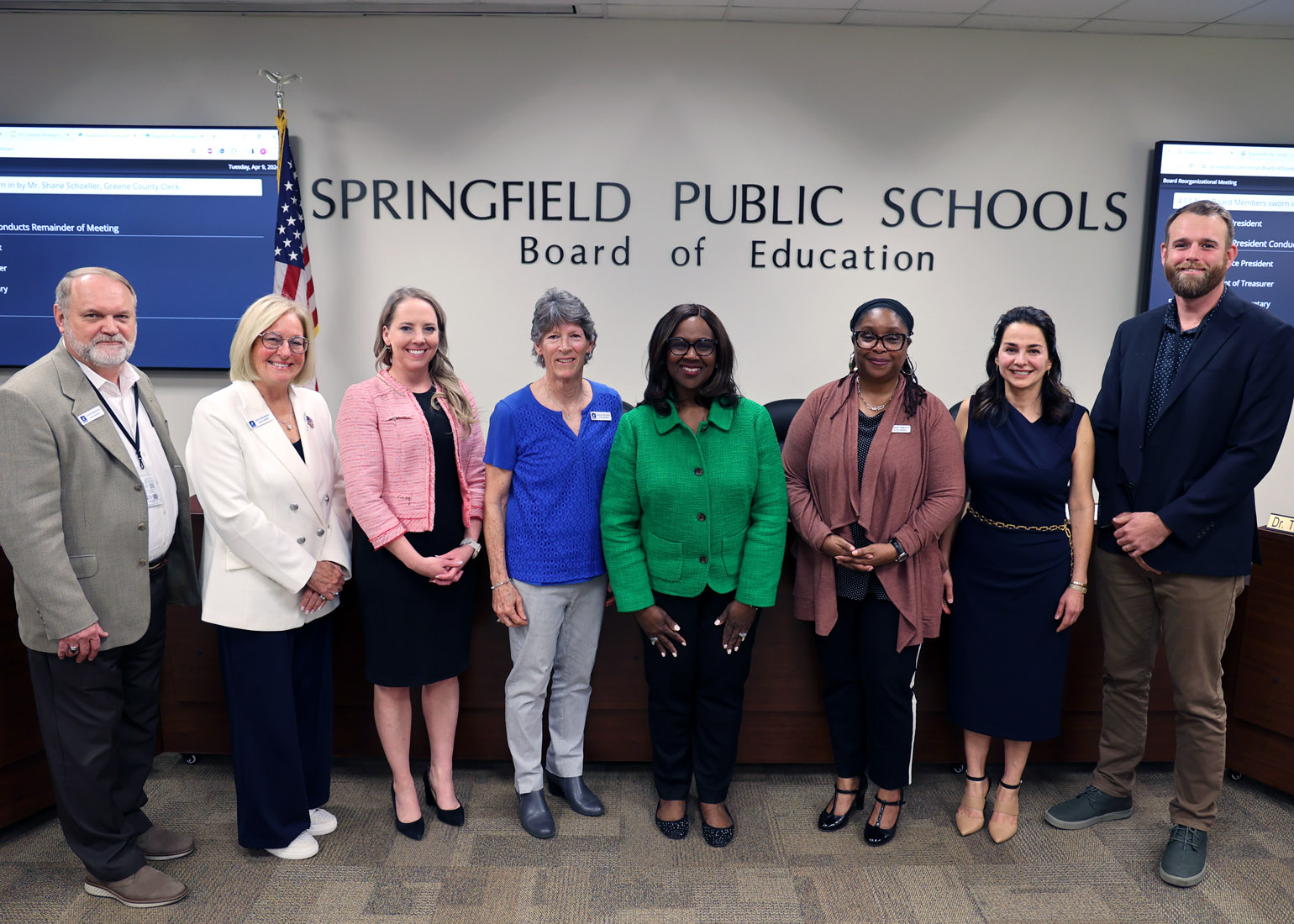
Over the last few meetings, Springfield Board of Education members have generally agreed that cellphone use among students in school is a problem, and indicated support in further limitations than what the school district already allows. But they disagree about the best way to move forward.
Board members Kelly Byrne, Steve Makoski and Maryam Mohammadkhani have supported enshrining limitations for cellphone use in the board’s list of policies. The other four members, including Board President Danielle Kincaid and members Judy Brunner, Susan Provance and Shurita Thomas-Tate, have outvoted the three, saying such a policy would be a micromanagement of Lathan and her administrative team, and that the student handbook is the most appropriate place to list expectations.
That disagreement played out over two different portions of Tuesday’s meeting, as school board members spoke about an email update about the issue from Lathan after the June 11 meeting, and as board members sparred over a communication breakdown that led to the cellphone use issue not appearing on Tuesday’s agenda.
Byrne asked for approval of the June 11 meeting minutes to be pulled from the consent agenda and voted on for separate consideration. Byrne then made a motion to revise the minutes to add the phrase, “It was acknowledged by the board president that language would be brought forward prior to the next meeting to vote on a policy for cellphone restriction.”
In discussion of Byrne's proposed revision to the minutes, board members said they didn’t have the same memory as Byrne of the June 11 meeting. The motion failed 4-3, with Kincaid, Brunner, Provance and Thomas-Tate voting against it and Byrne, Makoski and Mohammadkhani voting in its favor.
During the board comments portion of the meeting, Byrne made a motion to schedule a special meeting sometime in the next two weeks with the purpose of discussing a student cellphone use policy upon which the board could vote. That motion also failed along the same 4-3 split.
Discussion of an outright cellphone ban
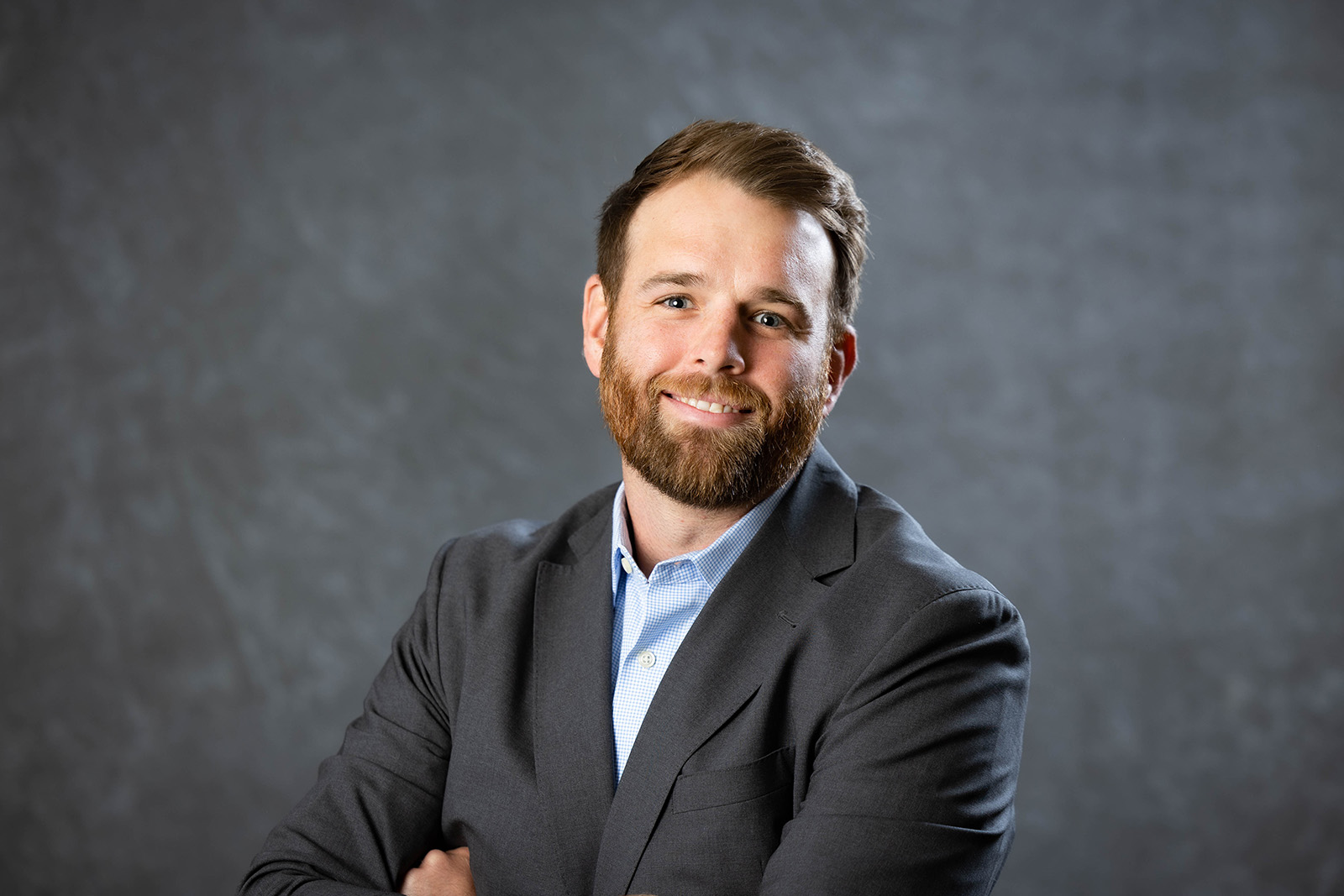
Byrne said he made his procedural motions because an update from Lathan made him feel like Springfield Public Schools was going the wrong direction for high schoolers, and that a board policy was necessary. Byrne has spoken in favor of a complete cellphone ban in previous meetings.
“If we had strong enforcement of the student handbook in the way it is written right now, then I would agree (a board policy isn’t needed),” Byrne said. “But the tool we have left is to create policy, because it’s not being implemented. And wen we have communication that softens the language, it gives me greater concern.”
That update from Lathan was also mentioned by Mohammadkhani as going in the wrong direction. According to a copy obtained with a Sunshine Law request, the update includes one potential change to the student handbook based on discussion from the June 11 meeting, and was sent on June 18.
The changes include specifying cellphone use guidelines in a statement that parents or guardians must sign and return to the district. It adds a section where elementary and middle school students can use cellphones only before and after class unless directed by staff, but does not make the same distinction for high school students.
A spokesperson for the district providing Lathan's June 18 email said that it does not represent all of the changes that the district is weighing.
Brunner said during the meeting that she felt like board members agreed more than they disagreed about stepping up enforcement of the handbook’s rules. She encouraged the board to let the administration do its work as it prepared rules for the upcoming year.
‘Let’s enforce what we have,” Brunner said. “People in the buildings tell me it was markedly better than last year, even though they admitted that come third quarter that more reminders needed to go out. People got relaxed with it, but the reminders went out and it went better.”
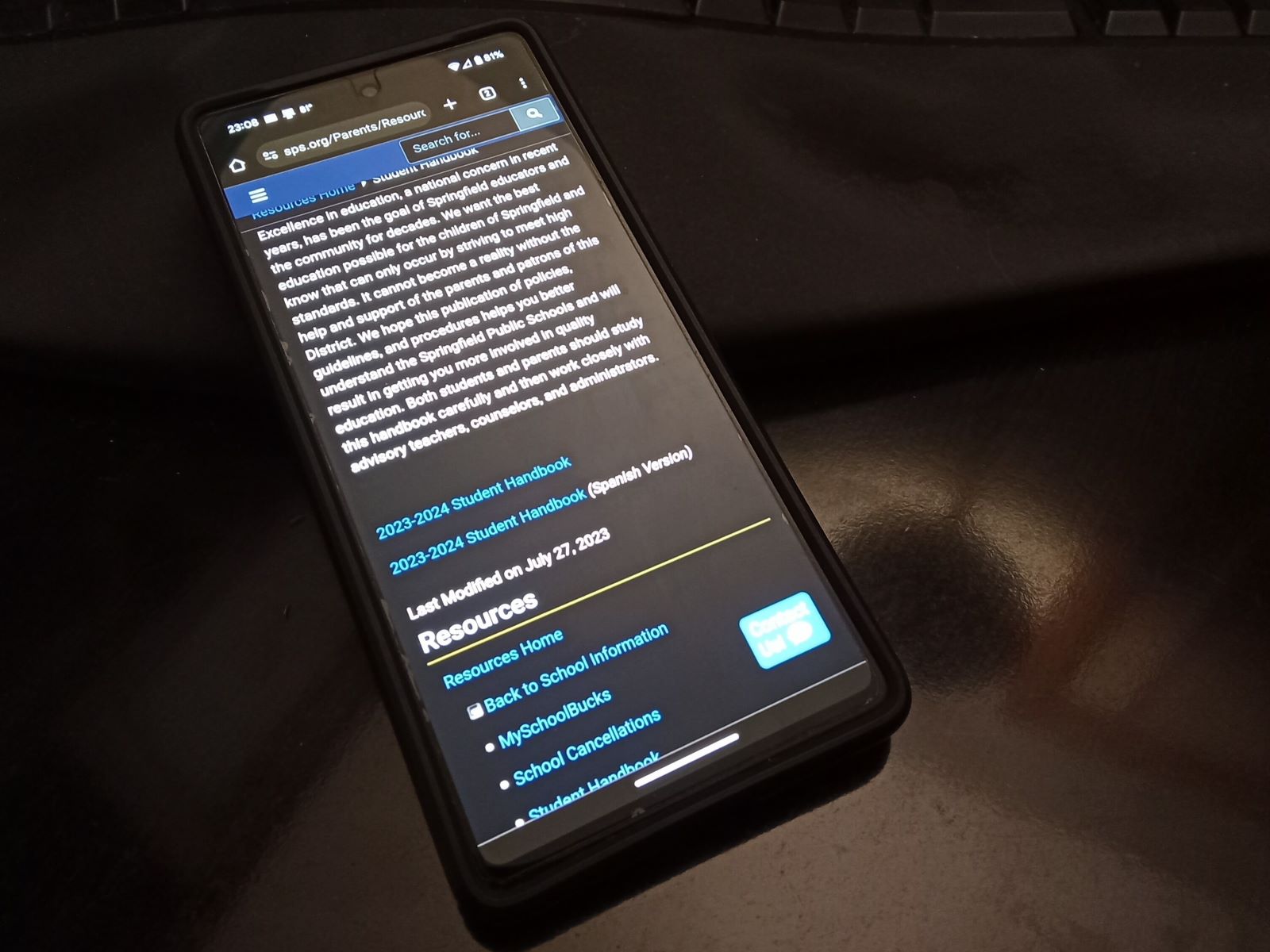
Cellphone bans are becoming more common in school districts across the country, from large metropolitan districts such as Los Angeles Schools to nearby suburban districts: Nearby Nixa High School will require students to place their cellphones in pouches when they enter each classroom.
Some educators and mental health professionals say that constant use of the devices lead to distraction and loss of focus, and in more severe cases depression and social disconnection. In his book “The Anxious Generation,” social psychologist Jonathan Haidt argues that increased rates of mental illness in teens can be partially attributed to increased cellphone use.
Makoski said he has studied the issue at length, and listed several areas across the country, and across the world, that have enacted such bans. He said those areas are seeing improved behavior and adjustment from students.
“If everyone of those people are doing that, why aren’t we?” Makoski said. “I think that having a (board) policy sets the stage, that everyone will follow that policy and if they do not, they will be held to account.”
Provance said that the Springfield district has a variety of students facing circumstances that would require the need for a device. She said that SPS students are sometimes parents and need to be responsive to calls about their children, or are homeless and are trying to line up a place to sleep.
“We have students from A to Z, and I just don’t think a (board) policy is going to best suit all of them,” Provance said. “But I think a classroom teacher is going to be able to look at those students and do what’s best for the individual.”
Frustration over adding agenda items
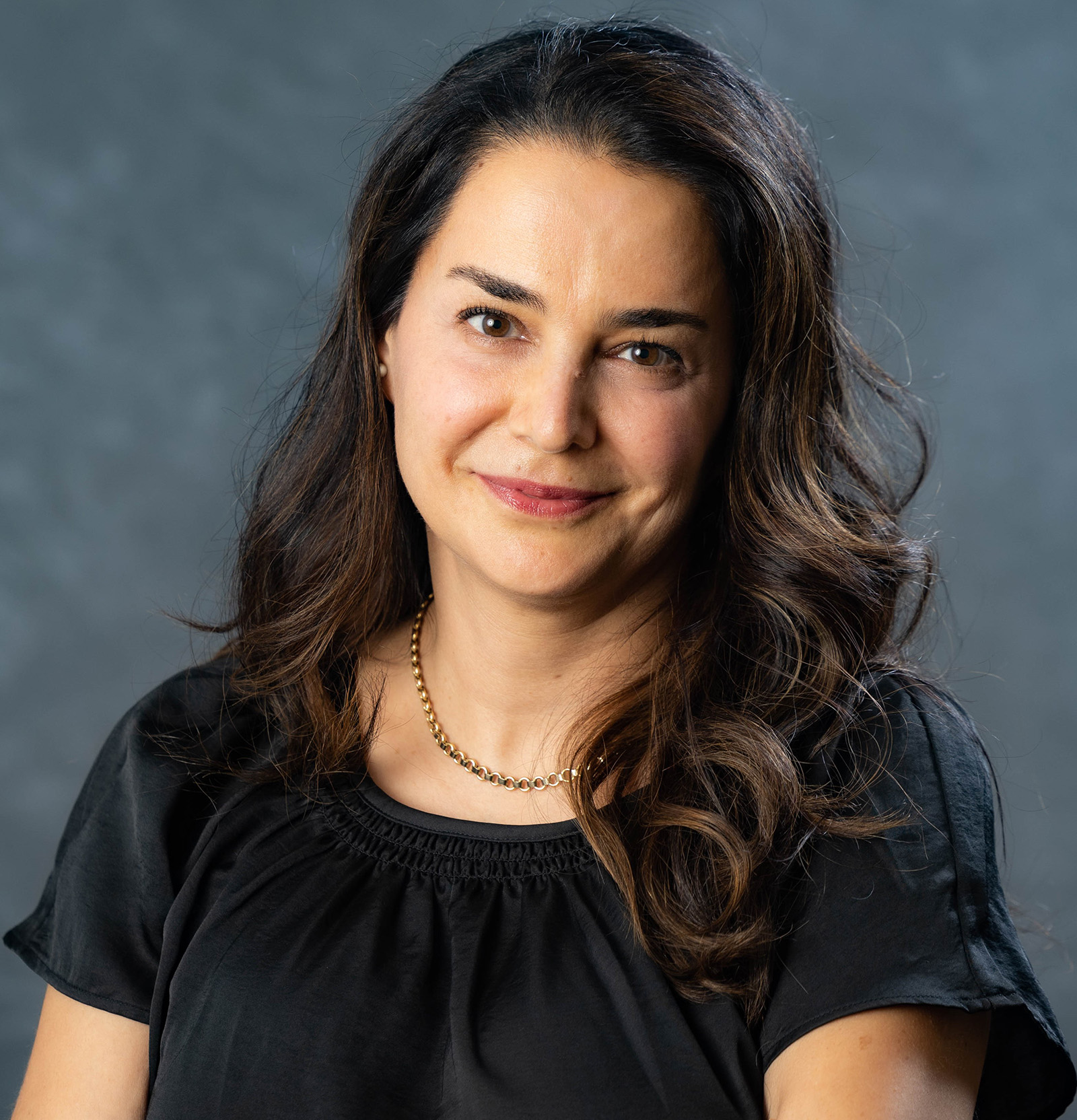
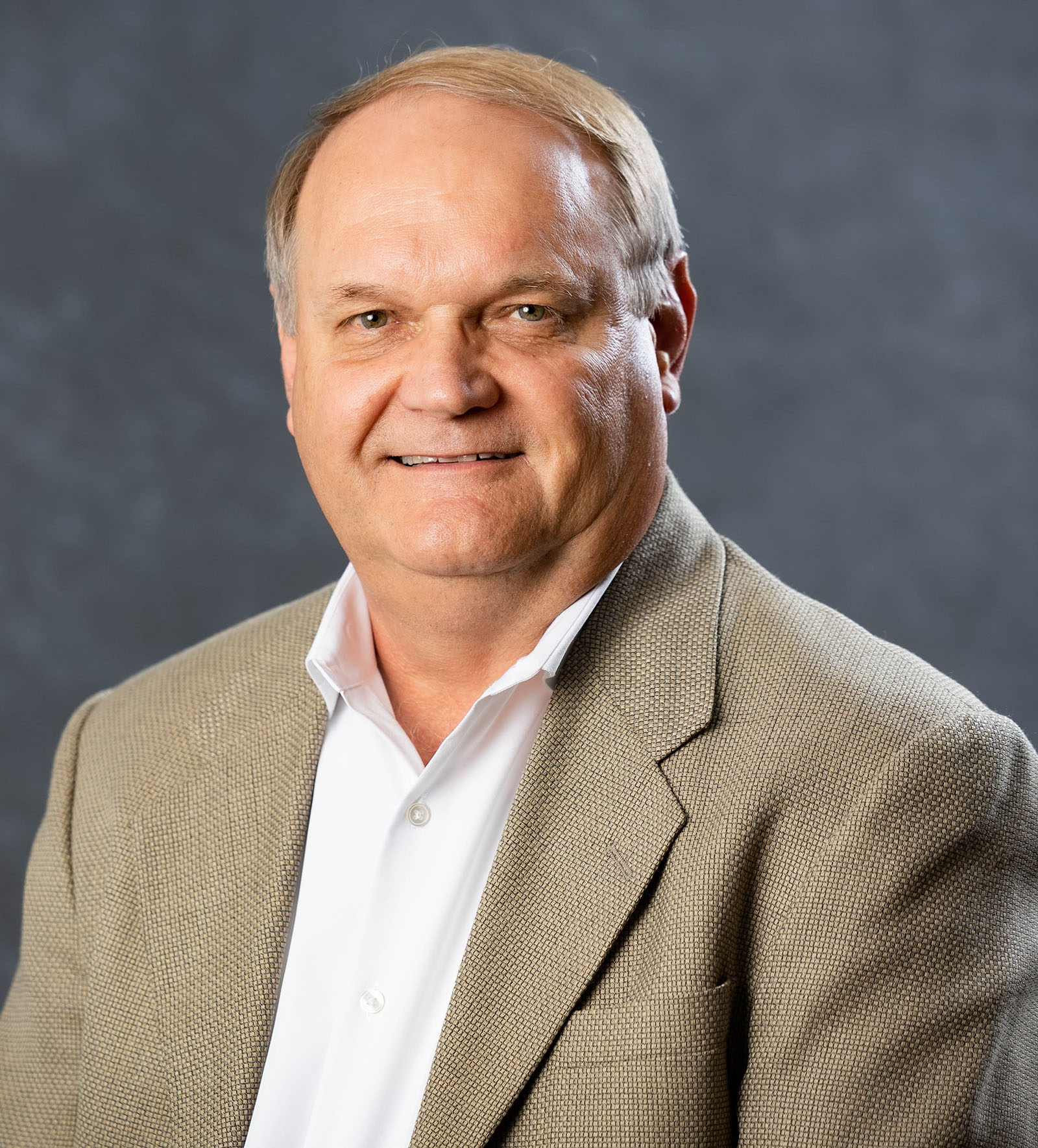
Board of education members expressed frustration about a communication breakdown that led to the cellphone issue not appearing on the agenda, which reopened a long-standing rift about getting discussions on a meeting agenda.
The process for determining agenda items is spelled out in Board Policy BDDB-2, which allows board members to request items by asking the president or superintendent at least five days before a school board meeting. It is a process that Byrne, Mohammadkhani and Makoski have used in recent months.
The policy also gives the president leeway to exclude that issue if it was discussed during a recent meeting. It allows board members the chance to approve a discussion item at the start of the meeting. Tuesday's vote on approving the agenda passed 5-2, with Byrne and Mohammadkhani voting against it.
During discussion of the meeting minutes revision, Byrne said he sent a request to consider a policy, and spoke several times with Kincaid reminding her about the matter.
Kincaid said Byrne sent only a draft of a motion, not an actual policy. Thinking that inappropriate, Kincaid said she asked Byrne to allow for a review by the school board's legal counsel, so that they could be better prepared during a future meeting.
Later, during the board comments period of the meeting, Thomas-Tate brought up Byrne’s first motion about minutes, calling into question the actions of the June 11 meeting.
“The reality is, if you wanted my support, you’d give me time to look up the accuracy of your statements,” Thomas-Tate said. “I think it’s just not genuine to keep saying that you can’t get support from board members while you keep throwing stuff out at the last minute.”
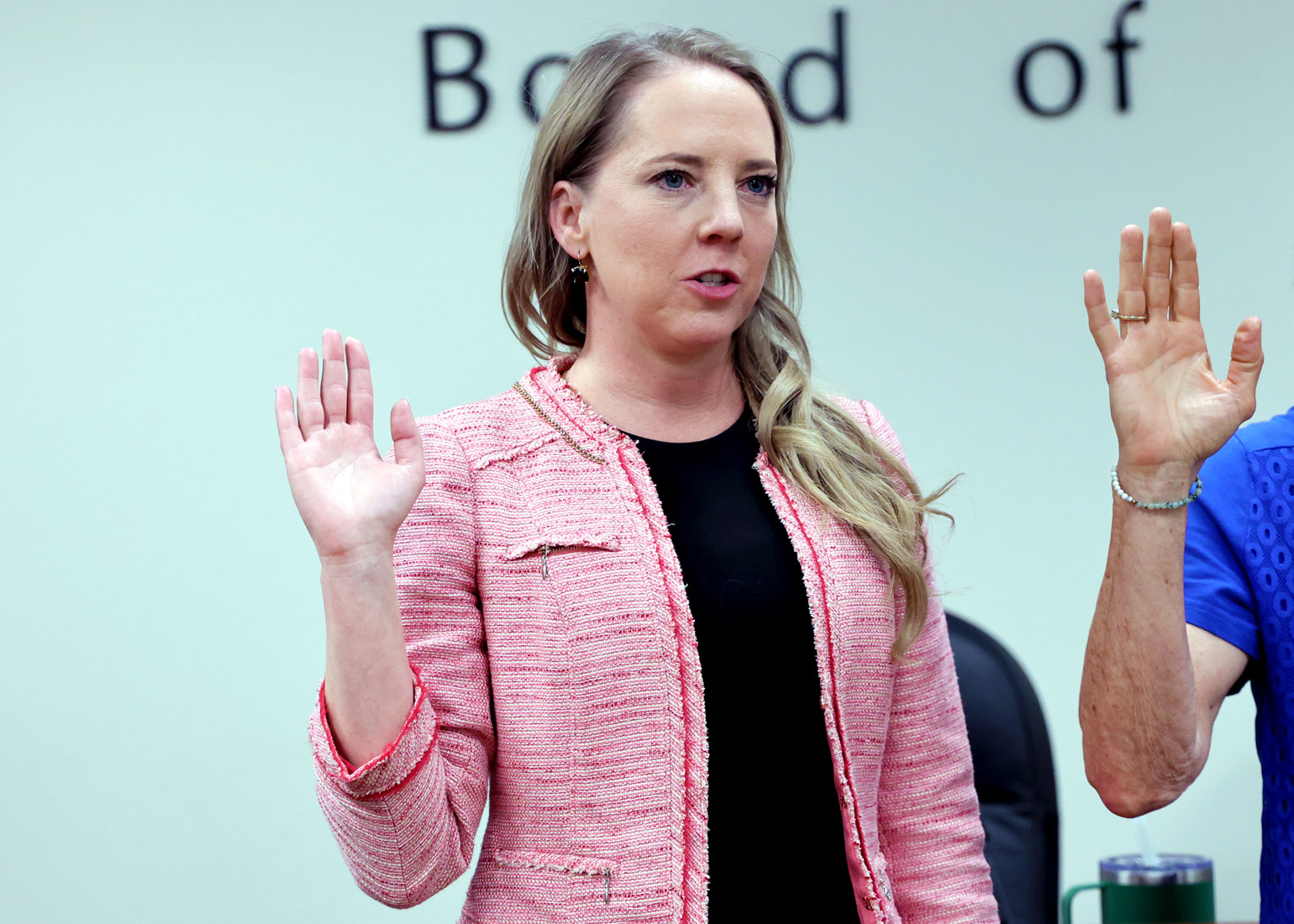
Byrne said his two motions were related to his thinking that the student cellphone use issue would be an agenda item. When he saw it wasn’t on the agenda, he said his two motions were his only recourse.
“I spent a good portion of this meeting explaining how I have on four occasions over the last three weeks tried to get on the agenda with the purpose of having plenty of runway for everyone to be able to see the language, and study it,” Byrne said. “Those emails were not responded to. I was left needing to adapt on the fly.”
Mohammadkhani said that she plans to change the way she communicates about her proposals, sending them to every board member on an informational basis. She said she asked Kincaid to forward plans to other board members, but that wasn’t happening.
“If I want my fellow board members to have information and to come prepared with the plan I have, because I really want you to know my plan, because then you can participate and I don’t have to talk for five minutes,” Mohammadkhani said. “Working through the board president is not accomplishing that goal.”
Kincaid said she follows Board Policy BDDB-2 when setting agendas for meetings, and asked other board members to familiarize themselves with the policy. She defended the exclusion, saying that following Byrne's insistence would have led to a Missouri Sunshine Law violation.
“This is the only time in my board presidency that I have been asked to put an item on the agenda and I didn’t do it the exact next meeting,” Kincaid said. “I am trying to compromise with this board, but if I don’t do what you tell me to do when you tell me to do it all of a sudden, I’m a bad president. And I’m tired of it.”
Reporter's note: This report has been edited to include results of a Sunshine Law request.

